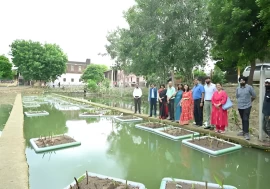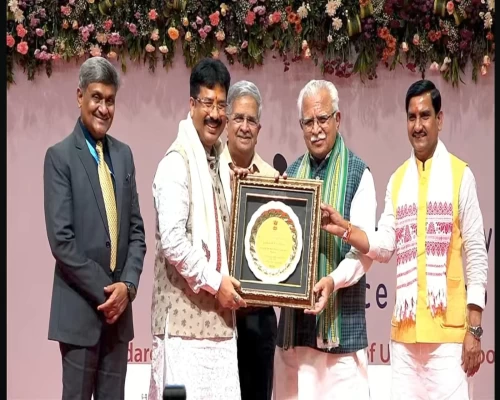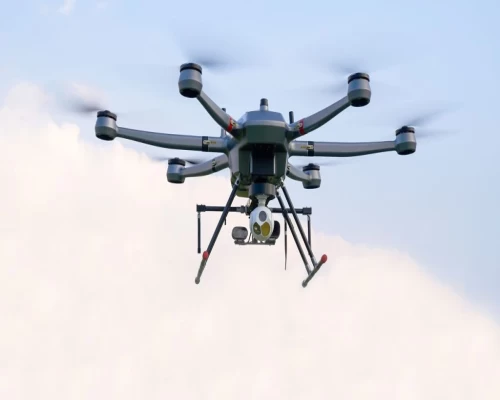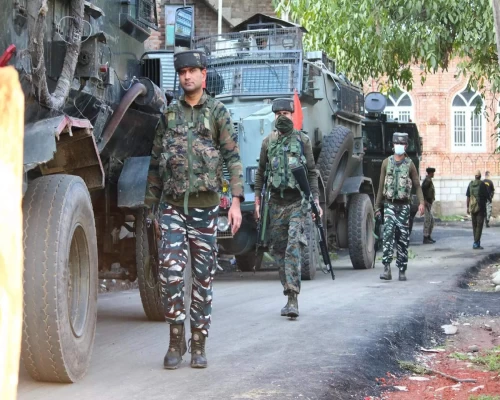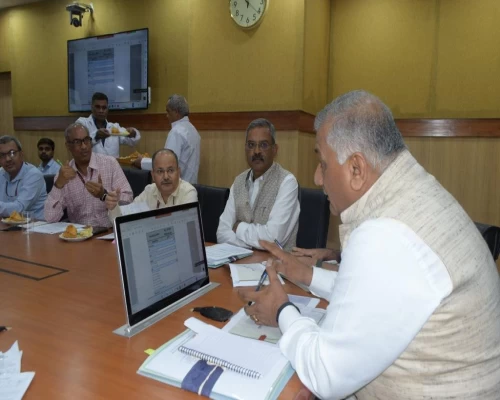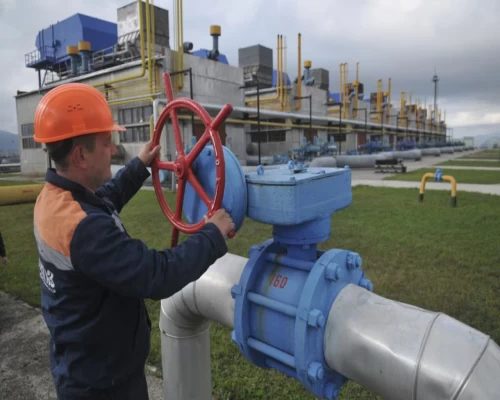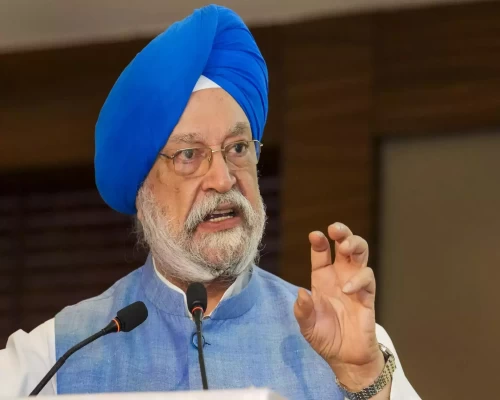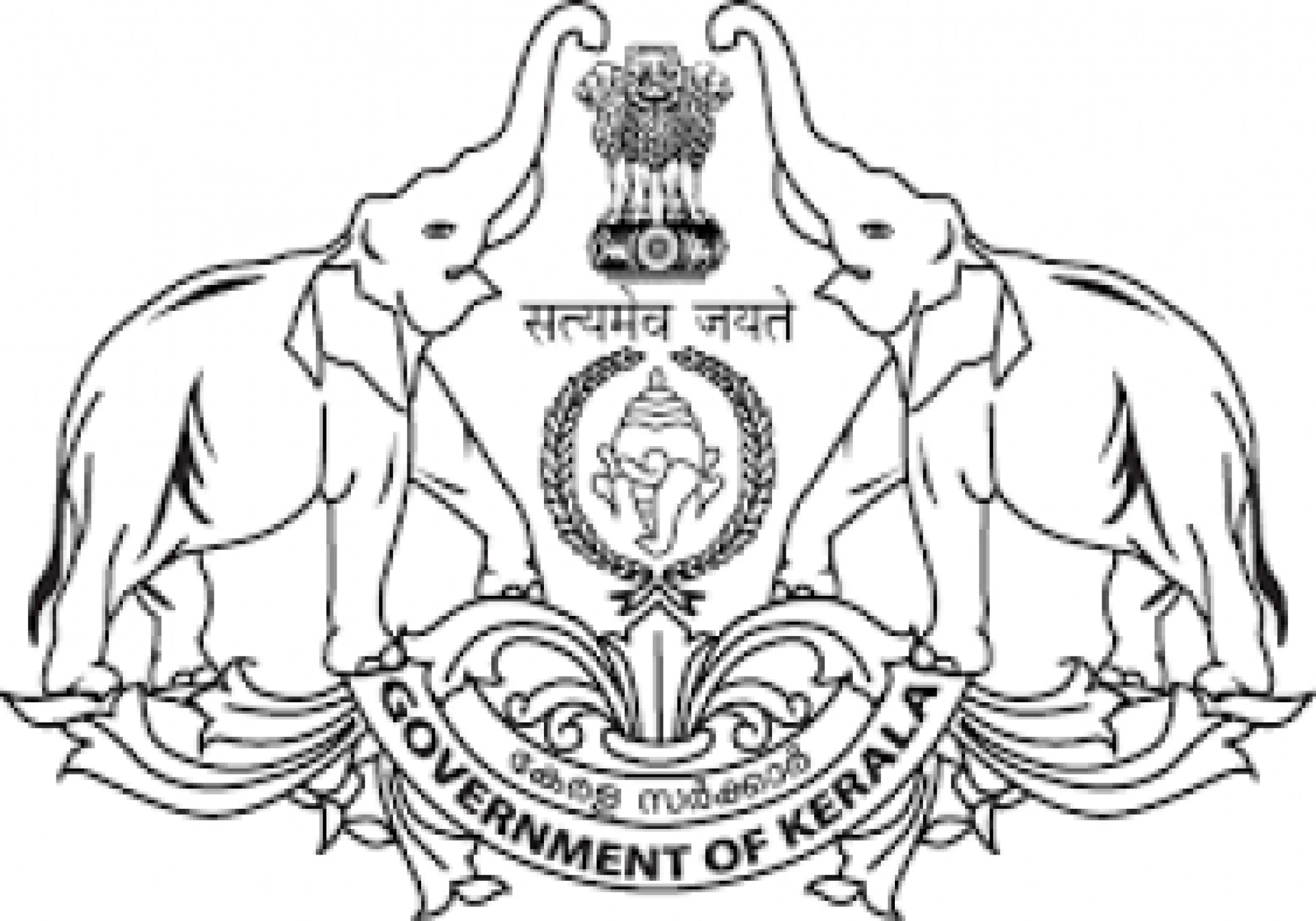
Trivandrum: Remember the fire of a dumpyard at Brahmapuram in Kerala that suffocated Kochi? Taking cue from the incident, local self-government (LSG) institutions of the state have launched a massive door-to-door garbage collection drive for collection and transportation of non-biodegradable garbage.
In the past two months, the LSGs, with the help of Haritha Karma Sena (HKS) volunteers, collected and handed over 8,699 tonnes of non-biodegradable waste to the Clean Kerala Company Limited (CKCL). In March, the local bodies had collected and handed over 5,258 tonnes of non-biodegradable waste to CKCL. Of which, 1,818 tonnes were collected from Ernakulam, the highest to generate garbage.
In February, a total of 3,441 tonnes of non-biodegradable waste was collected from across Kerala by the CKCL. Currently, there are around 32,000 Haritha Karma Sena members deployed across Kerala for door-to-door waste collection.
The State Government had banned the manufacture, sale, storage, and transportation of single-use plastic in January 2020. The rise in garbage dumping has forced the CKCL to tie up with other private service providers to ensure the timely transportation of waste. The state has tied up with 40 service providers who have expertise in the field.
Since the agreement with Kochi Corporation, about 210 tonnes of waste from Brahmapuram was moved alone. The Haritha Karma Sena earned Rs 42 lakh and Rs 64 lakh, respectively, in February and March by handing over segregated non-biodegradable waste which comprised thermocol boxes, glass, plastic, medicine strips, shredded plastic and other rejects.
The Plastic Waste Management Amendment Rules, 2021, already prohibit manufacture, import, stocking, distribution, sale, and use of plastic carry bags having thickness less than 75 microns. They also provide for a ban on plastic carry bags with thickness less than 120 microns from December 31, 2022.
With this, the list of banned single-use plastic products in the Kerala includes plastic carry bags irrespective of thickness; garbage bags; non-woven bags, plastic flags and buntings; PET/PETE bottles of drinking water of capacities less than 500 ml; plastic-coated paper cups, plates, bowls, and paper carry bags; plastic or plastic-coated leaves used as plates; plastic packets (use of plastic packets in retail outlets for packing fruits and vegetables; plastic sheets used as table spreads; plastic water pouches, non-branded plastic juice packets; plates, cups, and decorations made of thermocol; PVC flex materials, plastic-coated cloth; and single-use plastic utensils such as cups, plates, spoons, and straw. /BI/


